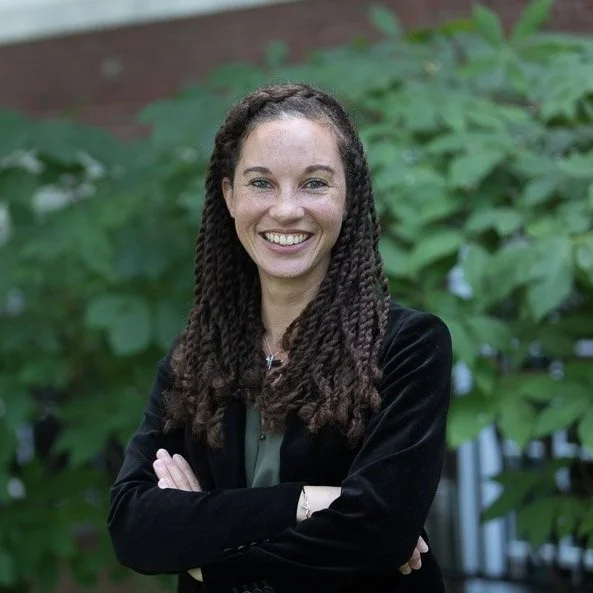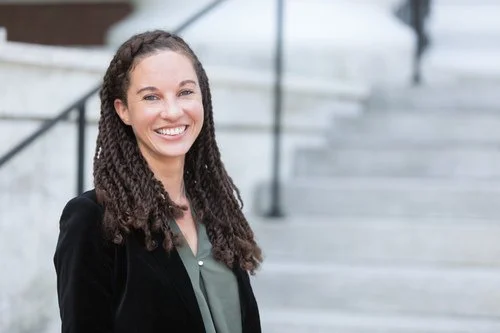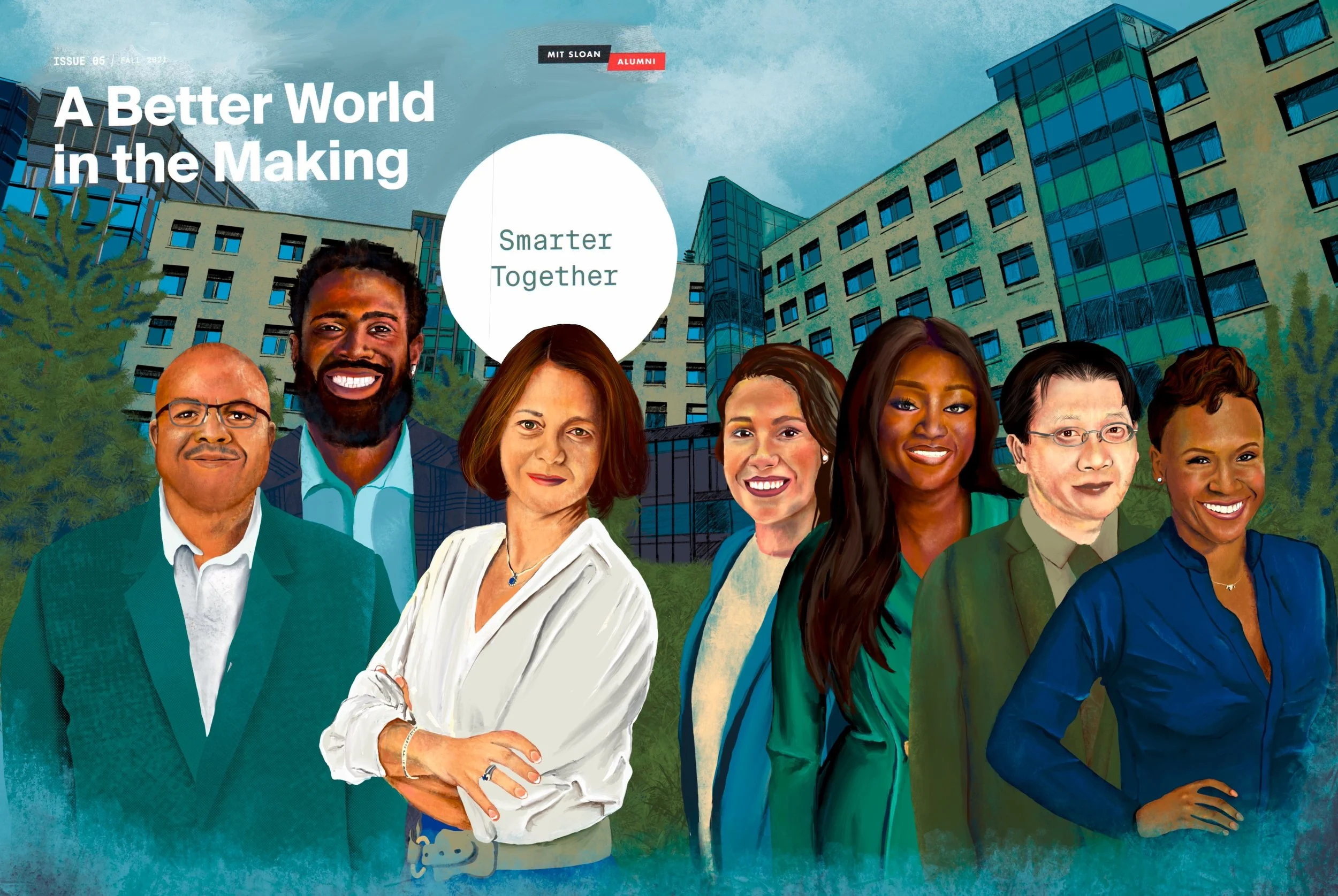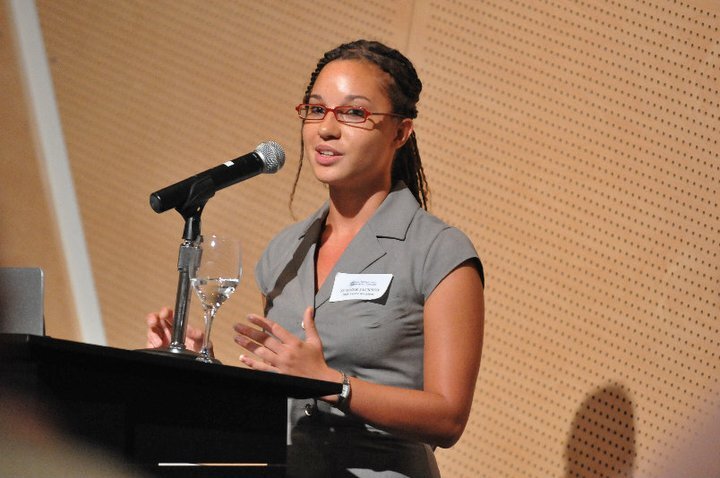News
Every now and then, my research is mentioned on the world wide web :-)
“I joke that the literature is already riddled with the dead bodies of failed DEI initiatives. And so it wasn’t going to be interesting for me to spend a lot of time watching a company fail in the ways we know they could fail...I wanted to be at a field site where I thought there would be something interesting to observe and learn.”
“Jackson discovered that employees felt “repugnance” at having to “shop” for diversity. They bristled at the perceived commodification and objectification of Black and brown engineers. The firm’s mostly white managers and employees wanted the platforms to serve as a community broker, not a transactional one that simply checked a box for compliance reasons. ”
“These are just a few trends that Harvard Business School faculty members will be following during a year when staffing, climate, and inclusion will likely remain top of mind.
Summer Jackson: DEI will remain crucial to success”
“Many companies want to bring a wider variety of lived experiences to their workforces. However, research by Professor Summer Jackson shows how hiring managers’ fears of seeming transactional can ultimately undermine their diversity goals.”
“To keep it simple, I’m a multiracial woman who grew up internationally, and as a result, I’ve found myself always navigating different dimensions of identity depending on where I am at the time. I started off my career pursuing the international element of my background, which ultimately led me to the U.S. State Department and work in Washington, D.C. and around the world. However, over time, I kept coming back to this broader topic of one’s identity and how it can impact one’s experience in organizations. This puzzle led me to pursue a PhD at MIT Sloan School of Management...”
“In presenting a theory of gendered organizations...Acker pushes us beyond what previous scholars have looked at. And what I really like about this paper is how she reveals and challenges the taken-for-granted assumptions within a given space, and invites us to look at gender, and other significant and salient social categories.”
““There’s a lot of promise in AI and machine learning,” Professor Jackson says. “But machine learning relies on existing data. And there’s bias already built into that data because, historically, we haven’t been compensating people fairly. Algorithms based on machine learning are not able to break that cycle.” Rather, Professor Jackson recommends that organizations combine the algorithmic power of AI with “human judgment” for more accurate decision making. ”
“Summer Jackson, Assistant Professor of Business Administration in the Organizational Behavior Unit, talks about her work in organizational inequality, why it’s important, her favorite coffee mug, and more.”
“I focus on organizational inequality. I’ve always been interested in how social identities— such as race, class, and gender—are enacted in the workplace and other settings. My own background and lived experiences pushed me to explore these research questions more deeply while at MIT. ”
“Sophisticated algorithms can help companies achieve workplace diversity with just a few clicks of a mouse. New research from Summer Jackson, SM’18, PhD’21, reveals what happens when hiring managers find these advancements more distasteful than helpful.”
“‘Repugnant market’ concerns can cause even well-intentioned firms to fail in workforce diversification efforts.”
“Organizational ethnographer and MIT Sloan PhD student Summer Jackson investigates the complex social hierarchies that govern how we work. She says that like other cultural groups, companies have their own clothing, rituals, events, and values.”
“Summer Jackson is a doctoral candidate at MIT Sloan, and her dissertation work is on the policies and practices associated with building diverse, inclusive, and equitable workplaces. The Good Companies, Good Jobs Initiative supported her research by funding her fieldwork.”
“Using publicly-available data from the City of Boston Open Data Initiative and the Census Bureau, I measure the relationship between race and complexion on ‘levels of intrusion’ in police practices. My research goes further in offering an additional analysis of police-civilian interactions as they pertain to motor vehicle violations.”
“Summer Jackson, a senior at Stanford, also received the Haas/Koshland Award. She will study feminism among Palestinian and Jewish women — Ashkenazi and Sephardic — with a professor at the University of Haifa.”













